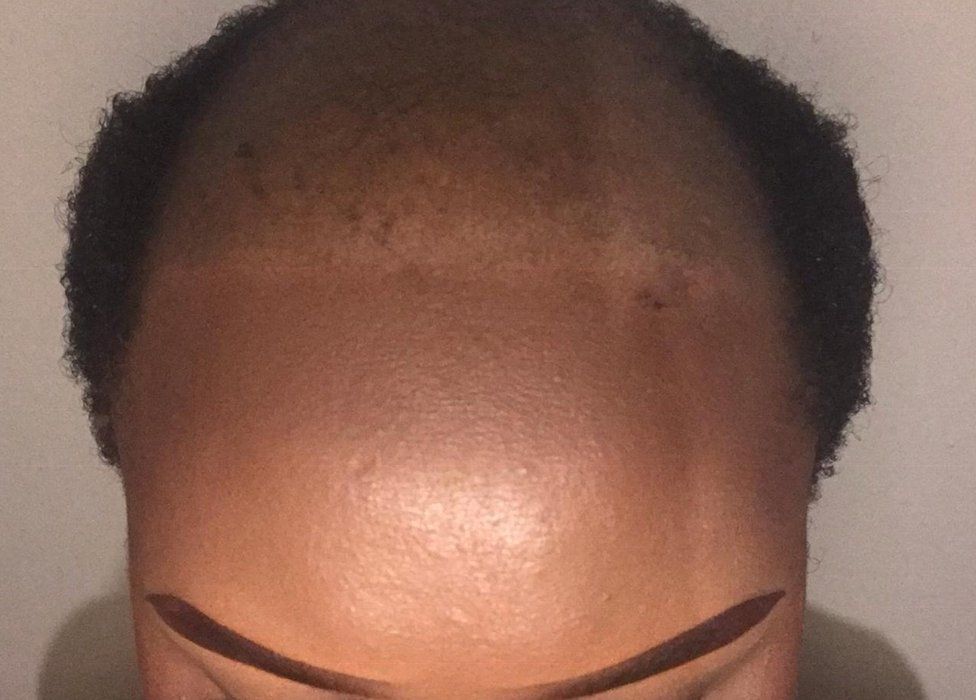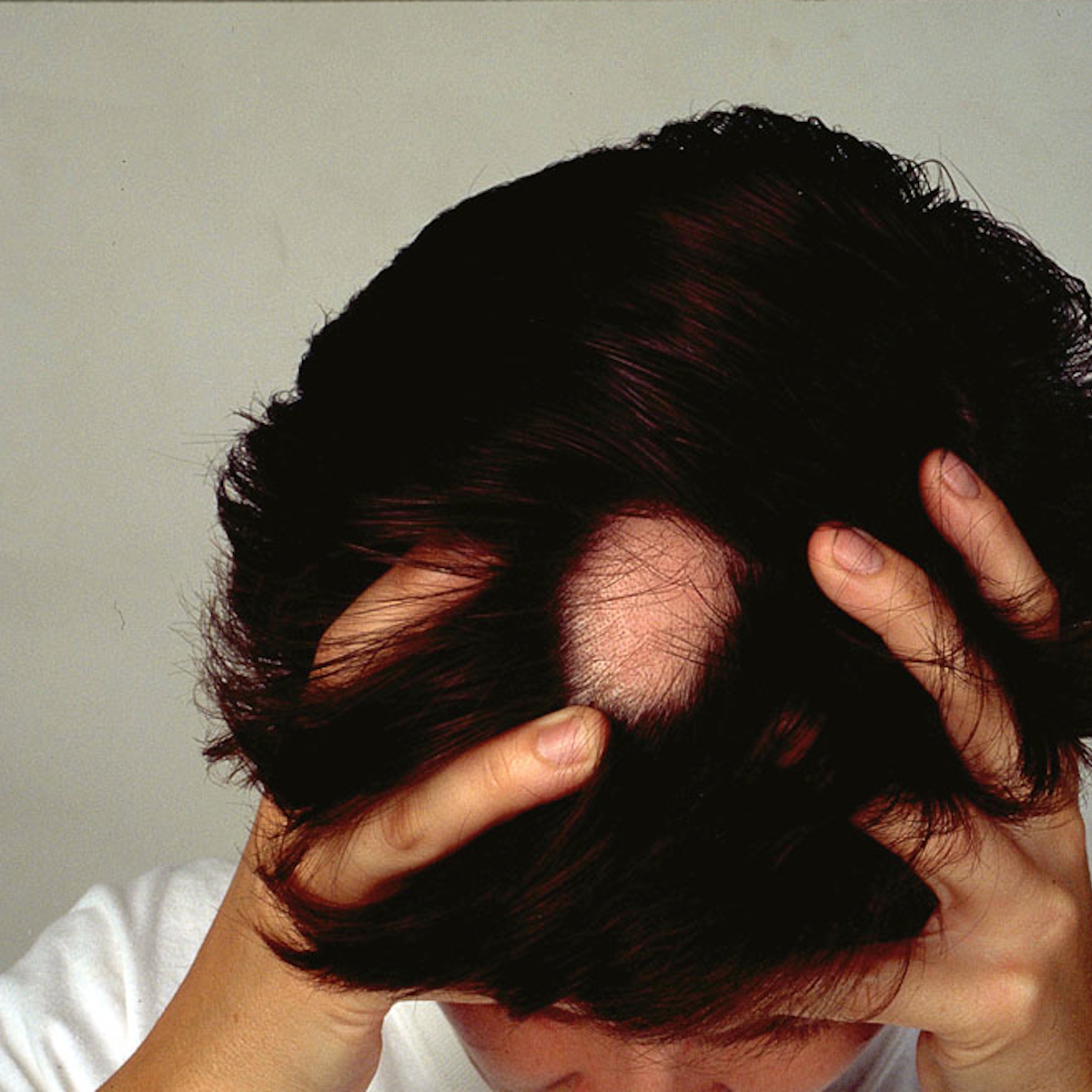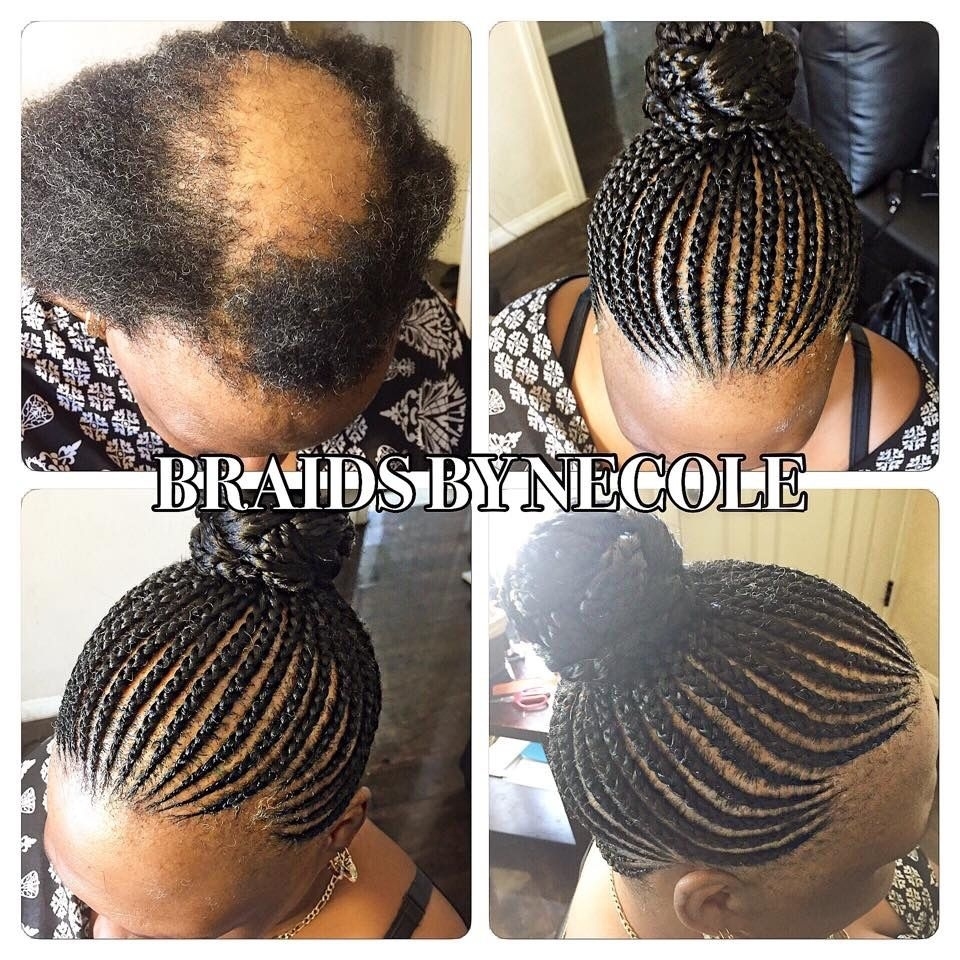Perfect Info About Long Hairstyles For Black Women With Alopecia Back To School Curly 2017

21ninety is here with the.
Long hairstyles for black women with alopecia. Why is traction alopecia so common among black women? Hair loss from the tension exerted by styles like braids,. When you go from very dark to.
One effective way to manage alopecia areata is by choosing a shorter hairstyle. The best hairstyles for black women with alopecia! Subtle highlights such as a caramel balayage look great on black hair.
In fact, in a 2016 study on 5,594 african american women, a staggering 47.6% reported hair loss on the crown or top of the. Opt for a shorter hairstyle. Shorter haircuts, such as pixie cuts or buzz cuts, can help conceal.
Why is traction alopecia so common among black women? In addition, your hair care and various styling practices could play a role in your retention, as black women are more prone to traction alopecia, which is caused by. Hair loss in black women is incredibly common.
When you color hair, the dye only colors the hair shaft and does not reach the hair follicles. The following images are breathtaking and worth imitating. Black women in particular are prone to a type of hair loss called traction alopecia, which is caused by heat, chemicals and tight styles that pull at the hair root, including some.
Shorter hairstyle layers that are appropriately positioned across the face can assist draw attention to or soften your features. You don’t necessarily have to make an. That is due to certain hairstyling practices that black women use on their hair—wearing tight.
However, excessive or prolonged dyeing treatment can weaken the hair shaft and causes hair loss. Collins has a niche clientele of women with hair loss that is caused primarily by traction alopecia: This is the look that’s served me the longest, mainly because i’ve gotten such a positive response to how i style the tiny piece of hair i have.
Traction alopecia (ta) is an extremely common condition in black women, resulting from years of use of hairpieces and hairstyles that exert prolonged and. Central centrifugal cicatricial alopecia (ccca) or “hot comb alopecia,” in particular, predominantly affects black women, with between 2.7% to 5.7% of women of. In alopecia, hair loss occurs in the hair follicles.
Yes, you can dye your hair if you have alopecia.


















